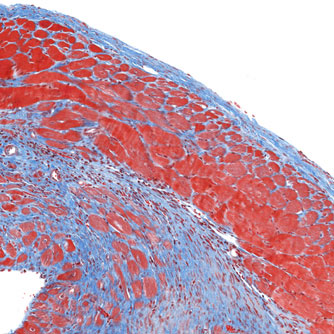Predicative Value of Blood Pressure
Blood pressure trending towards rising numbers in young adulthood may presage coronary artery calcification in middle-age. Current models to predict cardiovascular disease consider blood pressure (BP) at the time of prediction, rather than factoring in cumulative blood pressure over time. Norrina B, Allen, from Northwestern University (Illinois, USA), and colleagues completed a 25-year long study …











